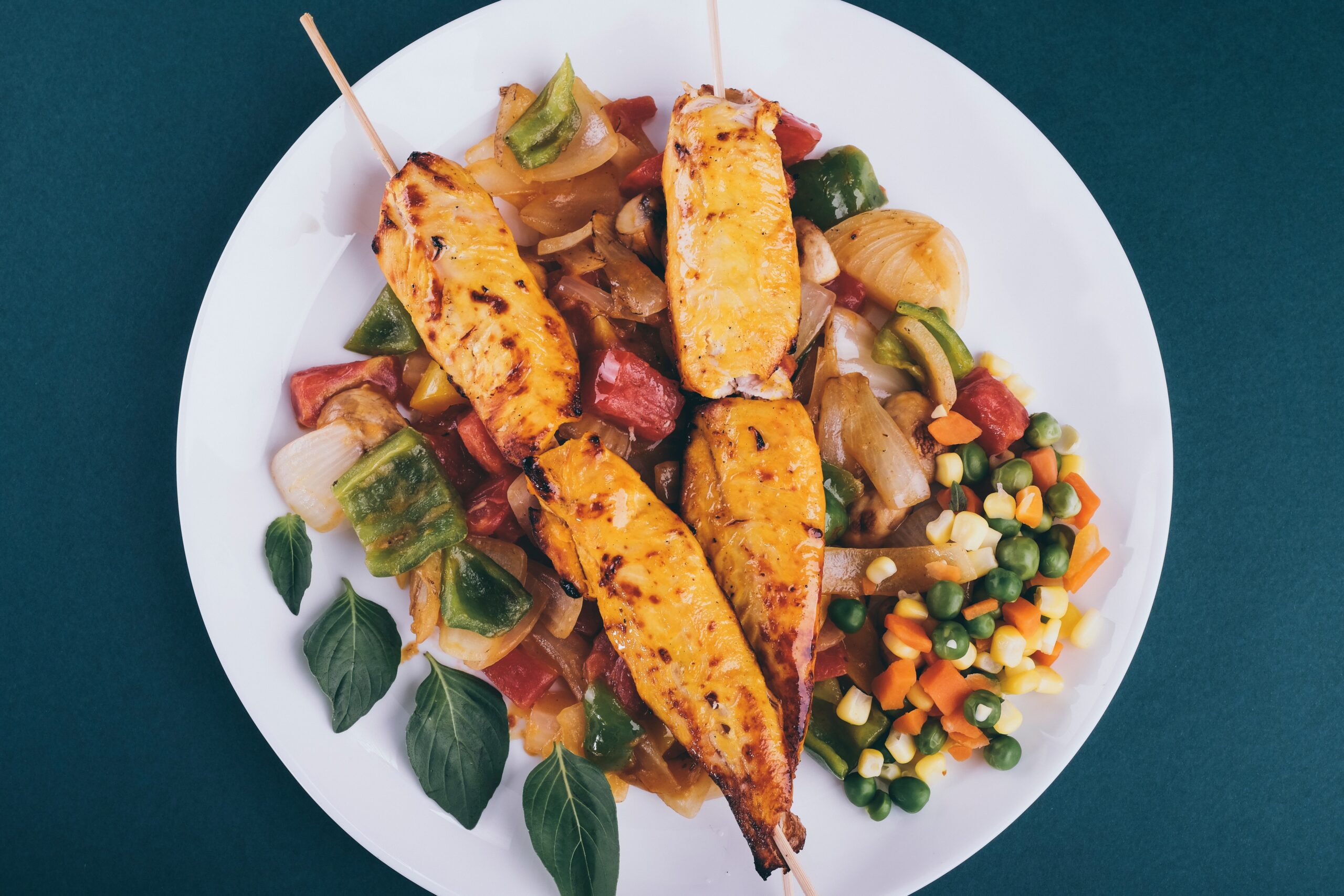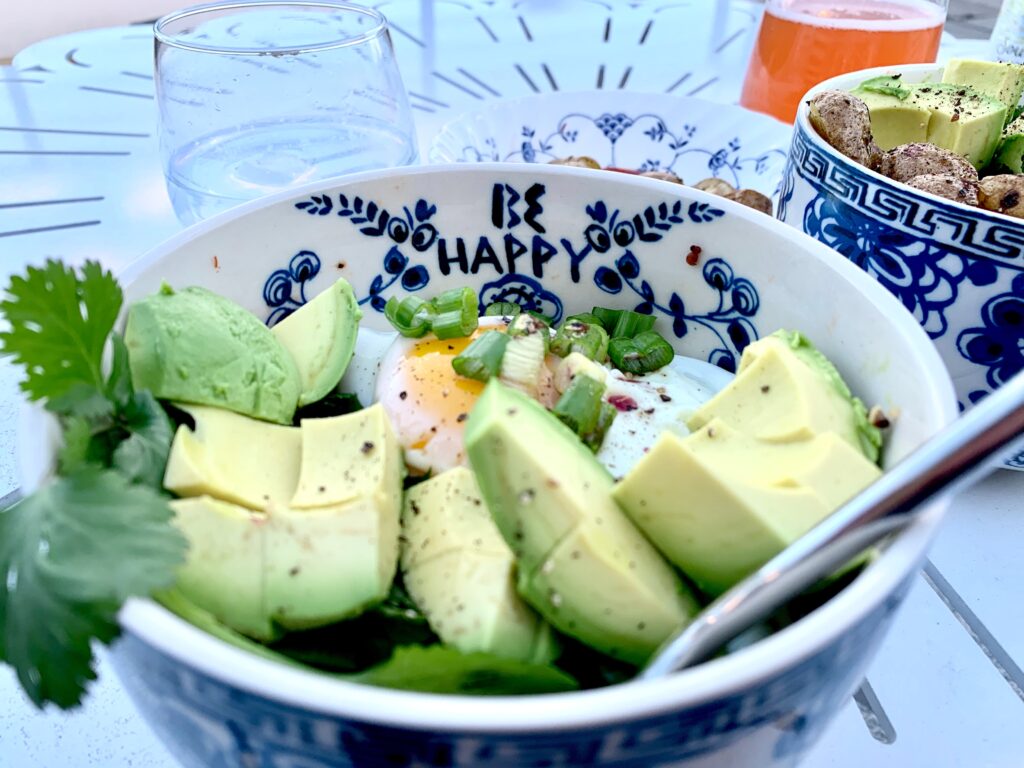
One of the most popular fitness questions on Google is how to lose weight fast.
This is a question that fitness professionals are unlikely to want to answer because, in all honesty, we do not want to encourage unhealthy practices. We want you to be safe, healthy, and well.
If you are absolutely determined to find an answer to this question, you probably won’t stick around to read on.
If you choose to stick around though, we can look at things in a healthier way and gives you everything you want, just in a different timeframe than you expected, and you might feel ok with that.

What do you mean by “lose weight fast”?
Let’s start with a question.
How long is “fast” anyway?
If you are looking at losing several dress sizes in a week, I am afraid that is unrealistic.
Let me ask a different question.
How long has it taken to put on the weight you want to lose?
Probably a considerable amount of time because it works the other way too, it takes time to put on weight as well as lose it.
The good news is that you can see results faster than you may think and still stay healthy – provided you are realistic.
It’s all about balance.
Here is why you cannot lose fat fast.
You need a certain number of calories and nutrients to survive each day. In order to lose weight, you need to create a calorie deficit without creating a nutritional deficit.
People who decide to dramatically cut their calories start to become nutritionally deficient very quickly.
Your body will do everything to preserve precious energy. Your body will slow down your metabolism in an effort to preserve energy. If it is lacking in important nutrients, it will begin to function poorly because it will prioritize essential functions.
It will hold on to calories and store any calories that you do eat.
If you are very overweight, your body will probably respond quite quickly to a healthy calorie deficit, you do not need to starve yourself.
This is because, when your body has all the nutrients it needs and you place it under a small deficit, it will happily burn through excess fat stores because it has everything it needs.
As you lose weight, the balance becomes more important.
Your body wants to know it has a continuous supply of energy and essential nutrients in order to happily spend the energy, so if you make the deficit too big as you get slimmer, it will slow its energy burn in response.
Remember that game you played as a child, where you had to carefully move a board to tip a marble into the hole. That’s the kind of strategy you are using here. Tipping the board wildly from side to side simply will not work.
**As an Amazon Associate I earn from qualifying purchases that are displayed on this site.**
Creating the perfect balance.
The strategy here is simple.
Get as much nutrition from your food as possible while creating a modest calorie deficit.
This means you need to get to know your food and understand why you are eating it. You also need to get to know what your body needs so you can get the right balance.
Vegetables are your best friend. They are packed with lots of vitamins and nutrients and contain few calories. Eat lots of vegetables and vary them as much as possible. Cook them with herbs and spices. Bake them in the oven. Stir fry them. Invest time in learning to cook them in interesting ways, they can be amazing.
Lean protein such as lean cuts of meat, soya, fish, and eggs. You need protein to build muscle and for your body to repair itself every night when you sleep. Seriously, do you know how many of your cells die and need to be replaced every day? If you do, you know why protein and nutrition is so important. You need between 1g-1.6g per kilo of bodyweight depending on how active you are.
Fat in very small amounts is also important. Choose healthy fats from plants and seeds instead of saturated fats. Cut out fat completely and some of those important nutrients cannot be absorbed. Don’t do that. Enjoy a vegetable stir fry!
Carbohydrates are also important, but not so many of the starchy ones and especially not the refined ones. Cut out sugary sweets and refined bread and pasta. Do add some whole grains, but make a large intake of your carbohydrates the awesome vegetables we mentioned above.
Hydrate lots too. Drink water. You need about 1ml per calorie required by your body each day, so someone who needs 2000kcal per day will need to drink 2 litres of water. Drink more if you are exercising because your workouts should be making you sweat!
How long will it take to see results?
This will vary from person to person, and in all honesty, it all depends on how well you balance your body and how active you are.
Those with much weight to lose can see larger losses of a good few pounds in a week. This is because there is an abundant fat store and your body will still feel confident in letting some of it go. It is also because it takes many more calories to move around when you weigh more, so any exercise you do will burn more calories than someone who weighs less would.
If you are a moderate weight, a reasonable and healthy goal is to lose 1lb of fat per week. This equates to a deficit of 500kcal per day. At this rate, you would lose a stone of fat from your body every few months or so.
What! 1lb per week! That doesn’t seem much!
I know 1lb doesn’t seem like a lot but two major points here.
First, have you ever put on 10lbs in one week? Fat just doesn’t come or go that fast.
Secondly, notice I said 1lb of fat. This is different from one pound on the scale.
Do yourself a favor and stop fixating on the scale.
The scale measures everything.
Drink a half-liter glass of water – you will gain one pound instantly!
One pound of body fat is actually quite a lot of volume. Take a moment to Google some images of one pound of body fat, you can even buy a replica on Amazon. That’s at least the size we are talking about for every pound you hold, imagine removing that much volume from your body each week.
**As an Amazon Associate I earn from qualifying purchases that are displayed on this site.**
Every pound of fat loss can add up to amazing results faster than you think.
Always be sure to check with your GP or health care professional before starting a new exercise or nutrition program and seek support from an exercise professional to ensure you are exercising correctly.
